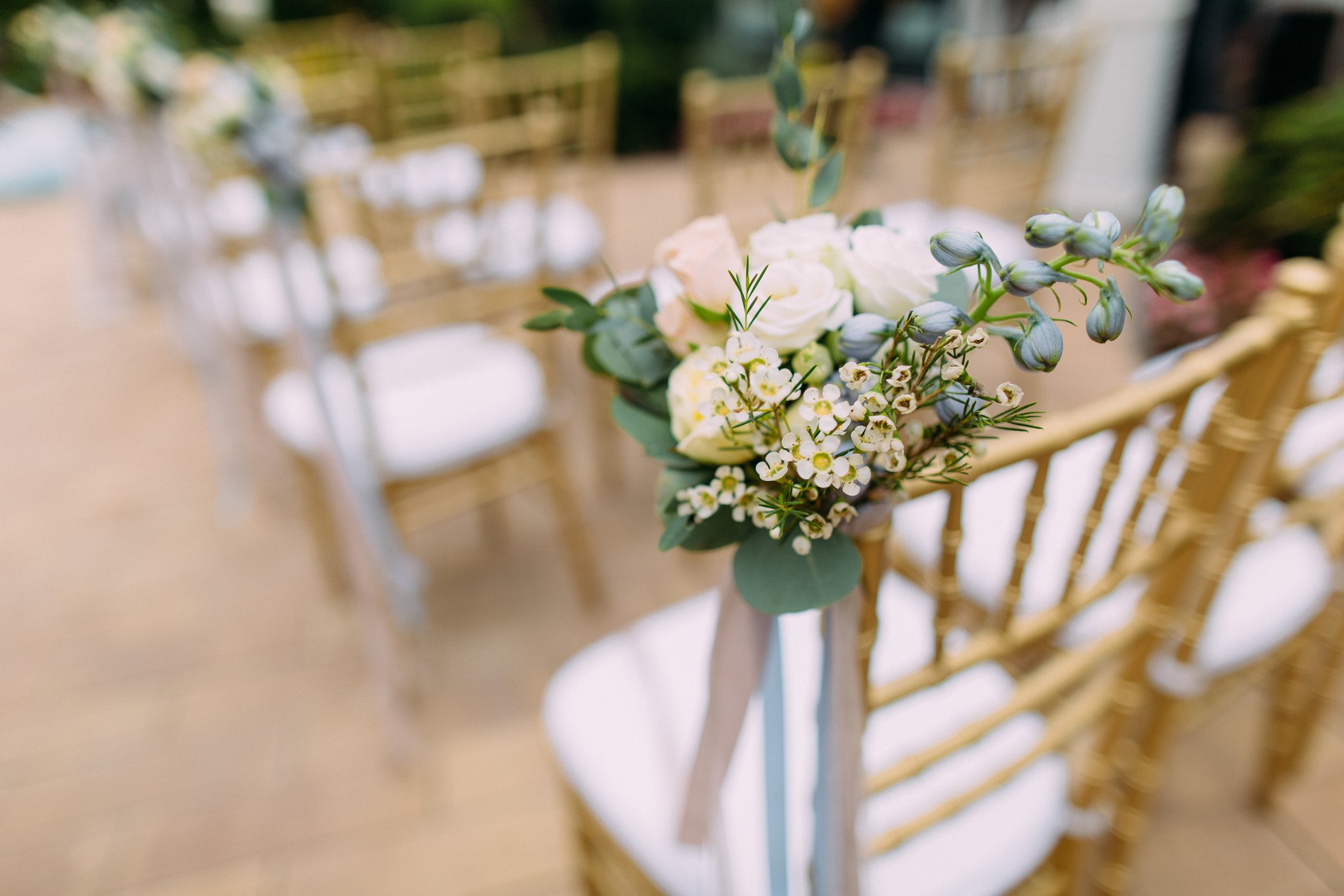How to plan a safe event, keeping delegates safe has always been a top priority for event organizers – more now than ever before in the wake of Covid-19. Here’s everything you need to know on how to plan a safe event.
A venue that fits
The first step towards designing a safe event is to note down all the key aspects of the function, so you can find a venue that can safely deliver everything. Think about your expected delegate numbers, if your delegates have any specific access needs, and any activities or break-out sessions you have planned. This will help you anticipate how much space you need to deliver all the component parts of your event while meeting minimum standards for social distancing and other infection control measures
Risk assessments
An important pre-planning tool for any event, a risk assessment of your preferred venue should be carried out early on in the process to identify any potential problems. This will give you ample opportunities to make changes to your event to make it as safe as possible. To ensure you don’t forget or overlook anything, it is advisable to use a risk assessment form to address different areas of risk in a methodical way. Key things to look out for include risk of injury to staff or delegates – such as trip hazards or risks while using equipment, fire hazards, and any consequences of poor weather, such as slippery surfaces. If your company has a pre-existing risk assessment form, ensure there is a new section included in relation to Covid-19.
Scrutinize policies
If you have found a venue you think meets your needs, ask to see any documentation available that outlines safety measures on-site. All good venues will have considered this carefully, and will want all future delegates to feel safe even before they arrive. Be sure to ask questions if there is still anything you are unsure about. Visit England is also now awarding ‘Good to Go’ certificates to venues that are deemed safe in terms of Covid-19 guidelines, so using a venue that has one of these will give you and your delegates extra peace of mind. These venues will have measures in place such as temperature checks, sanitation stations, rigorous disinfection processes and social distancing rules.
Food Safety
As well as ensuring your venue of choice meets food safety standards to avoid issues such as food poisoning, you’ll also need to consider the safest way to offer food and drinks in relation to Covid-19 guidelines. Instead of buffet meals, offer plated-up food that is served at socially distanced tables, or provide pre-packed grab and go lunches that can be collected at various locations across the venue, or have them delivered direct to a meeting room. Tea and coffee stations can be replaced with pre-made drinks in eco-friendly disposable cups.
Everyday Issues
With public health top of the agenda at the moment, it can be easy to overlook some other aspects of event safety. This includes the type of tables and chairs delegates will be using and whether they offer the correct ergonomic support. Also find out if any delegates have additional requirements to support their physical health. Break-out sessions on beanbags may sound like a fun idea, but not at the risk of participants’ health or comfort.
Emergency Plan
Last but not least, writing an emergency plan will help keep your event safe, even in exceptional circumstances. This should include everything from your protocol for dealing with suspected Covid-19 cases, to dealing with injuries and emergency evacuations. The venue itself should have plans in place for many scenarios, so check you all agree on the protocols you put in place on how to plan a safe event, and ensure all staff working at the event are aware.
Planning a safe event often involves considering worst case scenarios, but ultimately results in events that everyone is confident in attending.


 REQUEST A QUOTE
REQUEST A QUOTE
This is a great tips here Florence. Thank you for sharing this tips.?